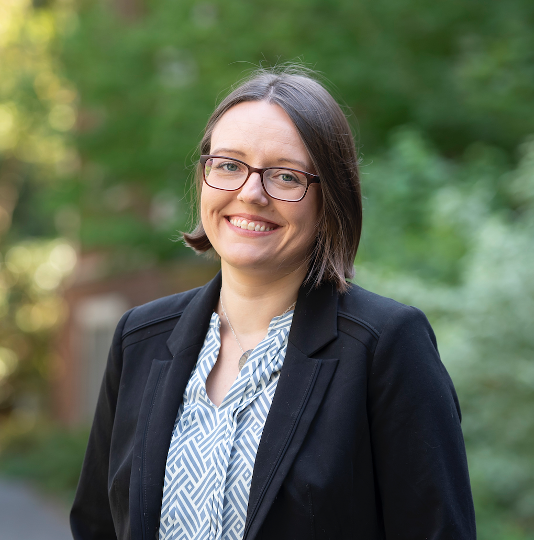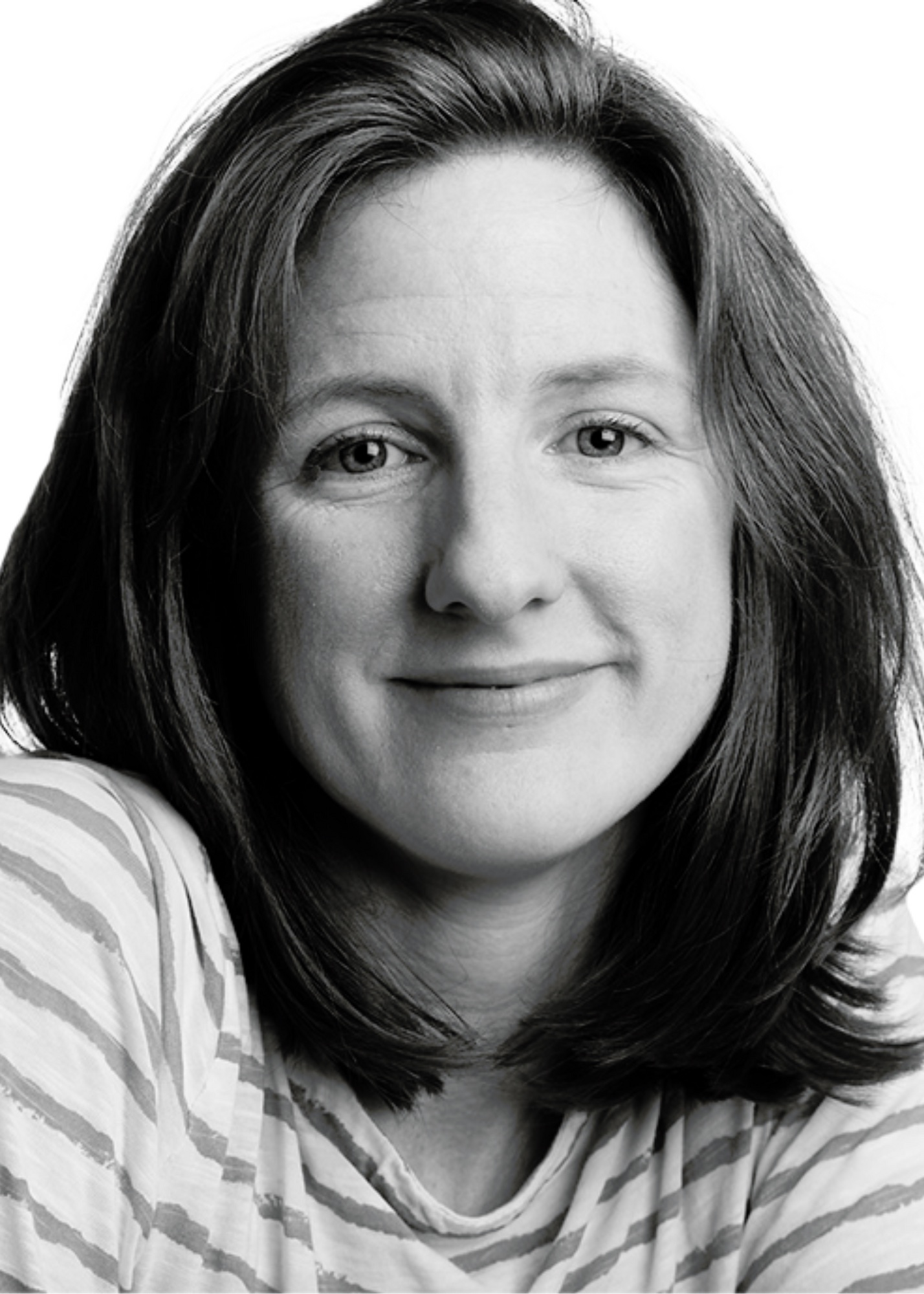English 553
British Romanticism and its Contexts
The period 1789-1832 was one of dramatic political, social, and industrial upheaval in Europe. In response, British writers and artists produced some of the most powerful representations in English literary history of hopes for liberty and progress, and of pure transcendent joy, as well as some of its sharpest attacks on oppression and convention. The class will analyze the formal and stylistic innovations of these writers and the relation of their works to the profound social changes and experiences that they depict, connecting them to their aesthetic, political, and colonial contexts. The main focus will be on the poetry of the period, with some discussion of contemporary prose. Primary readings will be drawn from the works of William Blake, Edmund Burke, Mary Wollstonecraft, William Wordsworth, Samuel Taylor Coleridge, Mary Robinson, Lord Byron, Percy Bysshe Shelley, Mary Shelley, John Keats, and others. Class readings will also include recent critical and historical studies of this revolutionary era.
0.5 units
Maureen Harkin, Professor of English and Humanities
Tuesdays, 5:40–7:10 p.m.
History 554
The French Revolution (c. 1770 – c. 1804)
Few events are as significant, or controversial, as the French Revolution of 1789. From one perspective, it marked the sudden, violent end of the ancien régime. Within a few years, revolutionaries eliminated the monarchy, aristocracy, guilds, and a corporate society rooted in legal privileges and traditional hierarchies. They also deprived the Catholic Church of much of its power and confiscated most of its property. In France’s lucrative Caribbean colonies, meanwhile, enslaved people and free people of color set in motion a chain of events that culminated with slavery’s abolition and the ultimate independence of Saint-Domingue (Haïti). From another perspective, the French Revolution can be seen as the beginning of the modern world. Its struggles were replayed across much of the world for a century or more. Concepts such as human rights, nationalism, mass democratic politics, and even our understanding of “Revolution” as a process of radical change can be traced to the events that unfolded in the wake of 1789.
This course will examine the history of the French Revolution as well as the ongoing debates surrounding its causes, trajectories, and consequences. Exploring competing Marxist, Revisionist, and Post-Revisionist interpretations of the Revolution we will also contrast the wide range of approaches historians have used to analyze how the Revolution happened and why it followed the course that it did.
0.5 units
Michael Breen, Professor of History and Humanities
Wednesdays, 5:40–7:10 p.m.
Liberal Studies 515
Science Education Research: Methods and Insights
What factors influence educators’ practices and students’ learning in the natural sciences? What role do discipline-specific characteristics of the natural sciences play? These are some of the questions investigated through discipline-based education research (DBER), which integrates disciplinary STEM knowledge and skills (e.g., from chemistry, biology, etc.) with social science research methods to study teaching and learning in STEM fields. In this course, we will examine how science education knowledge is generated and discuss insights about science teaching and learning. In this course, students will develop their ability to assess the alignment between research questions, theoretical frameworks, methods of data collection, and the analysis and interpretation of data. Through this process, students will evaluate scholarly claims about science education by considering the strengths and limitations of the evidence and reasoning associated with the claim.
0.5 units
Nicole James, Assistant Professor of Chemistry
Thursdays, 5:40–7:10 p.m.







